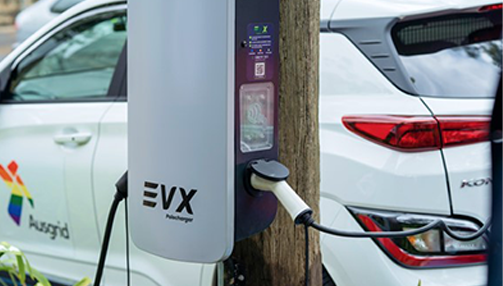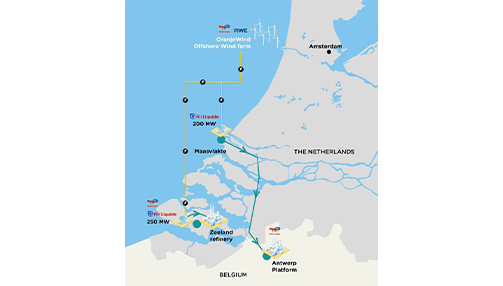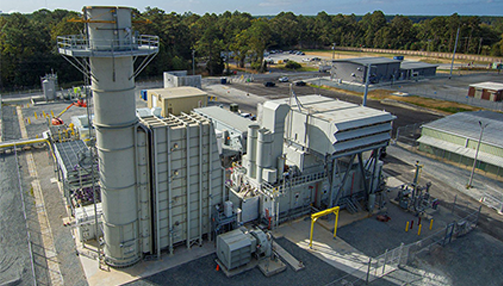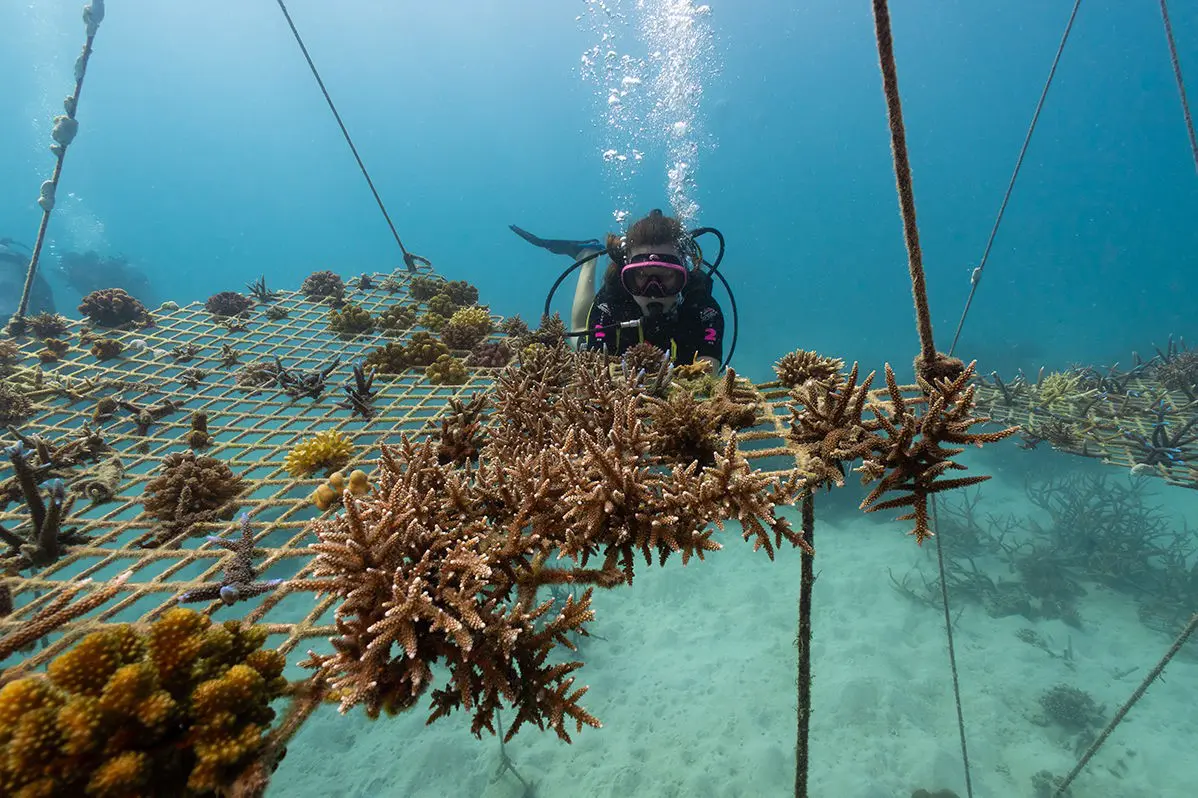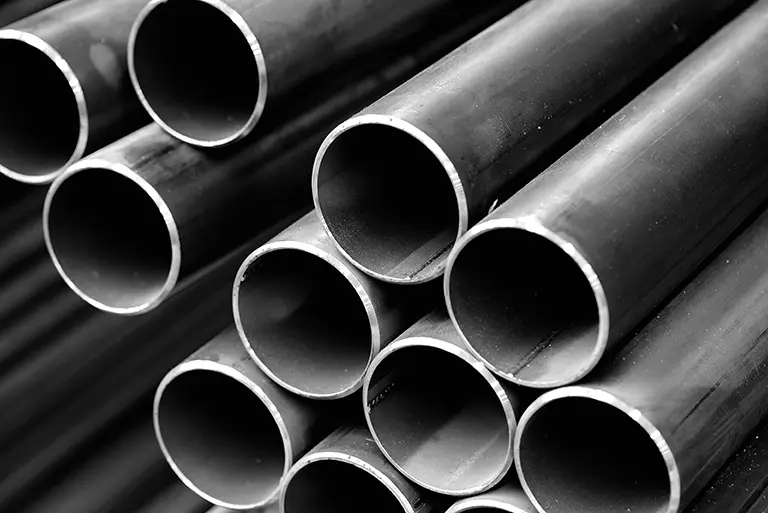
Decarbonizing The Marine Industry
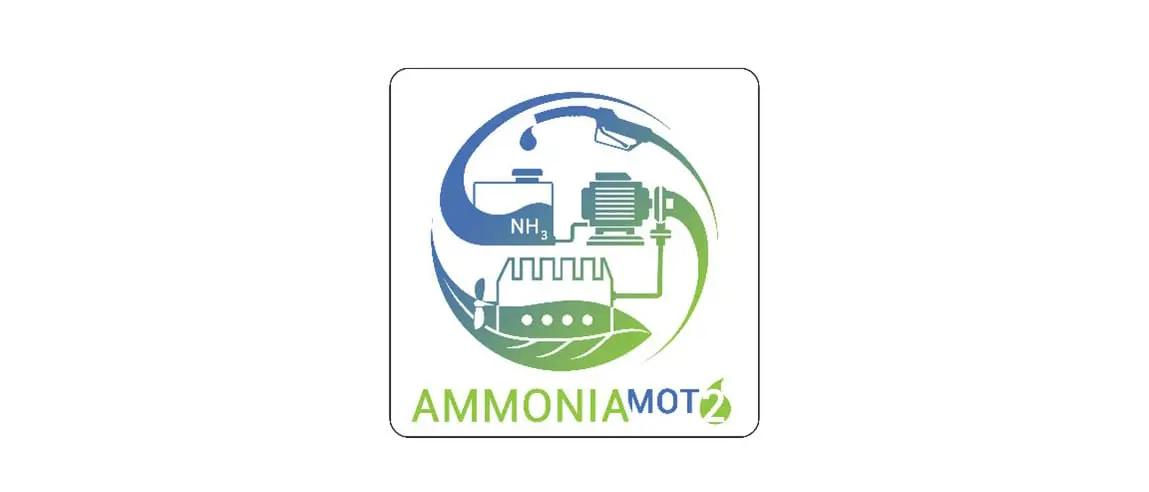
Having designed and tested the first two-stroke ammonia engine, MAN Energy Solutions (MAN) has now unveiled the AmmoniaMot 2 research project. Initiated by MAN with partners from industry and research institutes, the project aims to develop a four-stroke, medium-speed, dual-fuel test engine that runs on ammonia.
Supported by the German Federal Ministry for Economic Affairs and Climate Action (BMWK), the project is the successor to the AmmoniaMot project, which dealt with fundamental investigations concerning ammonia combustion in internal-combustion engines and that ended in May 2024. The promising results from that effort led to AmmoniaMot 2, once again led by MAN with the same partners from the original project and supplemented by new companies, namely: WTZ Roßlau gGmbH, Woodward L’Orange GmbH, the University of Munich, Neptun Ship Design GmbH, the University of Rostock, GenSys GmbH and MNR GmbH.
“For MAN Energy Solutions, this project is the next logical step after the previous AmmoniaMot project. It perfectly supports our own strategy to develop sustainable technologies, and we very much appreciate the opportunity to work with our distinguished partners,” said Alexander Knafl, head of engineering research and development four-stroke at MAN. “For us, the path to decarbonizing the maritime industry starts with decarbonizing fuels and, in this context, ammonia is an excellent candidate as it is carbon-free and thus avoids [carbon dioxide] CO2-emissions when used as a fuel in our engines.”
MAN sees the future application of ammonia-powered, four-stroke engines primarily in newbuild projects without passengers, such as cargo or special vessels, or as an auxiliary genset for large ammonia-powered two-stroke vessels. For passenger ships such as ferries and cruise liners, MAN is currently focusing on methanol as that segment’s fuel of the future and is already developing corresponding engines in parallel.
“In the original AmmoniaMot project, we laid a strong foundation with our excellent partners and proved that ammonia is a suitable fuel for medium-speed applications with the potential to reduce greenhouse-gas emissions by 90% to 95% while complying with existing emission regulations,” said Christian Kunkel, head of combustion development, four-stroke research and development at MAN. “I am more than excited to take the next step with our partners in AmmoniaMot 2. There is no doubt that ammonia will become an important carbon-free fuel and thus not just contribute to the decarbonization of the maritime sector.”
Partner Roles
- MAN Energy Solutions is responsible for the entire engine concept for the ship application, including the exhaust-gas aftertreatment system
- WTZ Roßlaug GmbH will develop the combustion concept for the engine and test the injection components under realistic conditions
- Woodward L’Orange GmbH will develop the injector prototype for the engine
- The University of Munich is responsible for the 3D-CFD combustion simulation
- Neptun Ship Design GmbH will develop the demonstrator of the high-pressure fuel-supply module for ammonia, taking into account the safety requirements aboard ships
- The University of Rostock will conduct experiments for the injection technology, exhaust-gas aftertreatment concept, lubrication of ammonia engines and will develop 0D/1D simulation models on the basis of these experiments
- GenSys GmbH will be responsible for the construction of the demonstrator of the high-pressure fuel-supply module for ammonia
- MNR GmbH will develop the double-walled fuel system and the compensator for the high-pressure fuel piping system for ammonia

